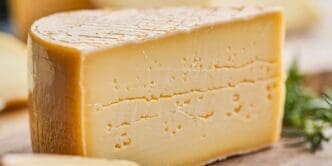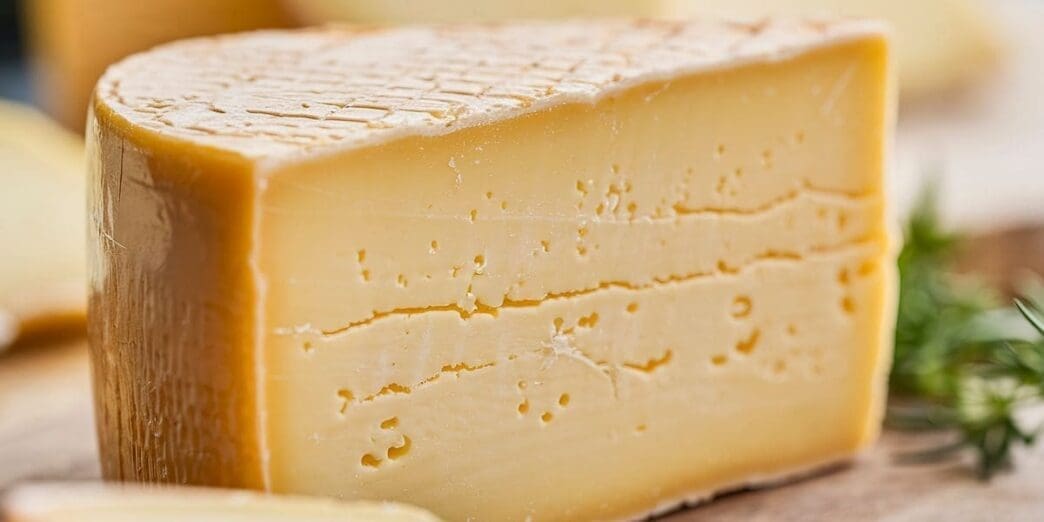Could cheese be the unlikely hero in the fight against sleep apnea? A new study published in the Sleep Medicine journal suggests just that, revealing intriguing connections between cheese consumption and a lower chance of developing this serious health condition.
The research explored the potential health benefits of cheese, specifically in relation to sleep apnea, a condition where breathing repeatedly stops and starts during sleep. Researchers used extensive data from the UK Biobank and FinnGen Biobank, analyzing health records from 400,000 individuals to investigate these links.
Participants in the studies who included cheese in their diets showed a remarkable 28% lower risk of experiencing sleep apnea, as reported by Food & Wine magazine. This association was explored using a method called Mendelian randomization, which helps study the cause-and-effect relationship between diet and health outcomes.
The team behind the study also looked into how cheese affects 44 different biomarkers, measurable characteristics like blood pressure. Interestingly, cheese seemed to influence 23 of these biomarkers, with six directly impacting the potential reduced risk of sleep apnea.
Dr. Kevin Shayani, from Northwell Lenox Hill Hospital, commented on the findings, noting a possible reduction in inflammation and certain enzymes among cheese consumers that are commonly elevated in cases of sleep apnea. However, Dr. Shayani emphasized that while cheese could offer some protective benefits, moderation is key, as excessive cheese consumption is not advisable.
The possibility of dietary interventions in reducing sleep apnea prevalence is exciting. These findings hint at the potential of incorporating healthier cheese options into meals, though not as a definitive cure. The Mayo Clinic also advises choosing low-fat cheese varieties to avoid unnecessary calories and saturated fats.
Understanding sleep apnea’s seriousness is crucial, as it links to higher cardiovascular risks. Symptoms can include snoring, exhaustion after a full night’s sleep, mood changes, dry mouth, night sweats, and headaches. Effective treatment methods range from lifestyle changes like weight loss and positional therapy to medical interventions, including surgeries and the use of positive airway pressure devices.
Though cheese might not be the magic bullet for sleep apnea, this study opens up fascinating possibilities for dietary approaches in managing the condition. As always, it’s wise to consult with healthcare professionals to tailor any dietary changes to individual health needs.
Source: Yahoo







